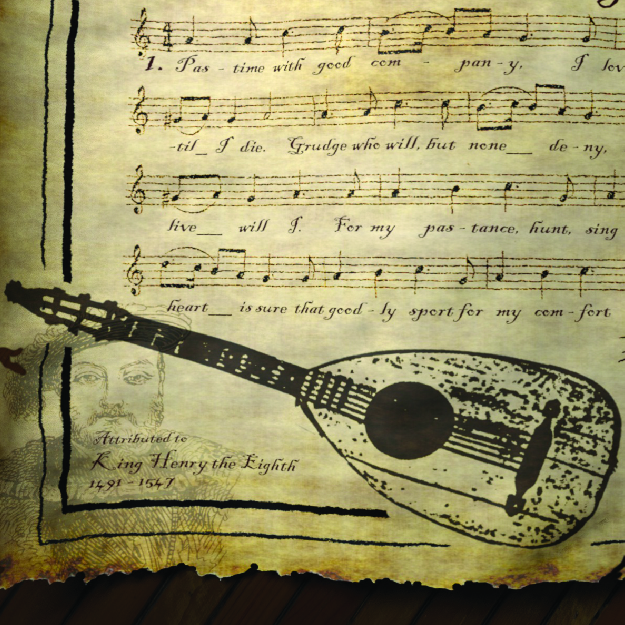 Pairs Card Game
Pairs Card Game
A great way to learn the names of the characters in a play:
– in this case, ‘Romeo and Juliet’.
Card game for 1, 2 or more players.
Before you begin, print the cards in either black and white (if you want to colour them in), or print in colour. The game can be played in black and white if colour is not an option.
There are 18 cards in one set of characters – you must print two sets.
The game is to find the pairs, by remembering where they are on the table.
Equipment to make the cards
- Scissors
- 4 sheets of A4 size card (e.g. cereal box or similar)
- Glue
- Character sheets printed off
Character Sheets
Instructions
- Print 4 sheets (two sets of 18 characters)
- Colour them in, copying the colours shown – each family has its own colour (Montague red; Capulet blue)
- You should now have two full sets of the characters, in colour.
- Glue the four sheets onto A4 sized card.
- Cut out the cards.
- You should have 36 cards, showing 2 of each character e.g. 2 x Romeo, 2 x Juliet.
Instructions to Play the Game
- Shuffle the cards well.
- Lay all 36 cards face down, spread out, on a large table or the floor.
- First player turns over 2 cards so everyone can see the characters.
- If the cards are a pair the player keeps them.
- If the cards are not a pair the player replaces them, face downwards.
- Second player turns over 2 cards so everyone can see the characters.
- If the cards are a pair the player keeps them.
- If the cards are not a pair the player replaces them, face downwards.
- Continue play, taking turns until all pairs of characters are matched.
- The winner is the player with the most pairs, when all cards have been removed from the table.
Everyone involved in a play needs to know the names of the characters.
*With special thanks to Mya Lixian Gosling, author and artist, whose work inspired our drawings and with whose permission they are published. To see Mya’s humorous and entertaining work about Shakespeare, visit https://goodticklebrain.com/
Other Performing activities:
These activities will be enjoyed by children and adults of all ages.
The activities are rated according to difficulty and level of parental involvement: these descriptions are intended as a rough guide only.
We have rated them to help parents of children aged 8-13, on the assumption that above this age supervision is rarely required, and that below it, supervision is generally required.











